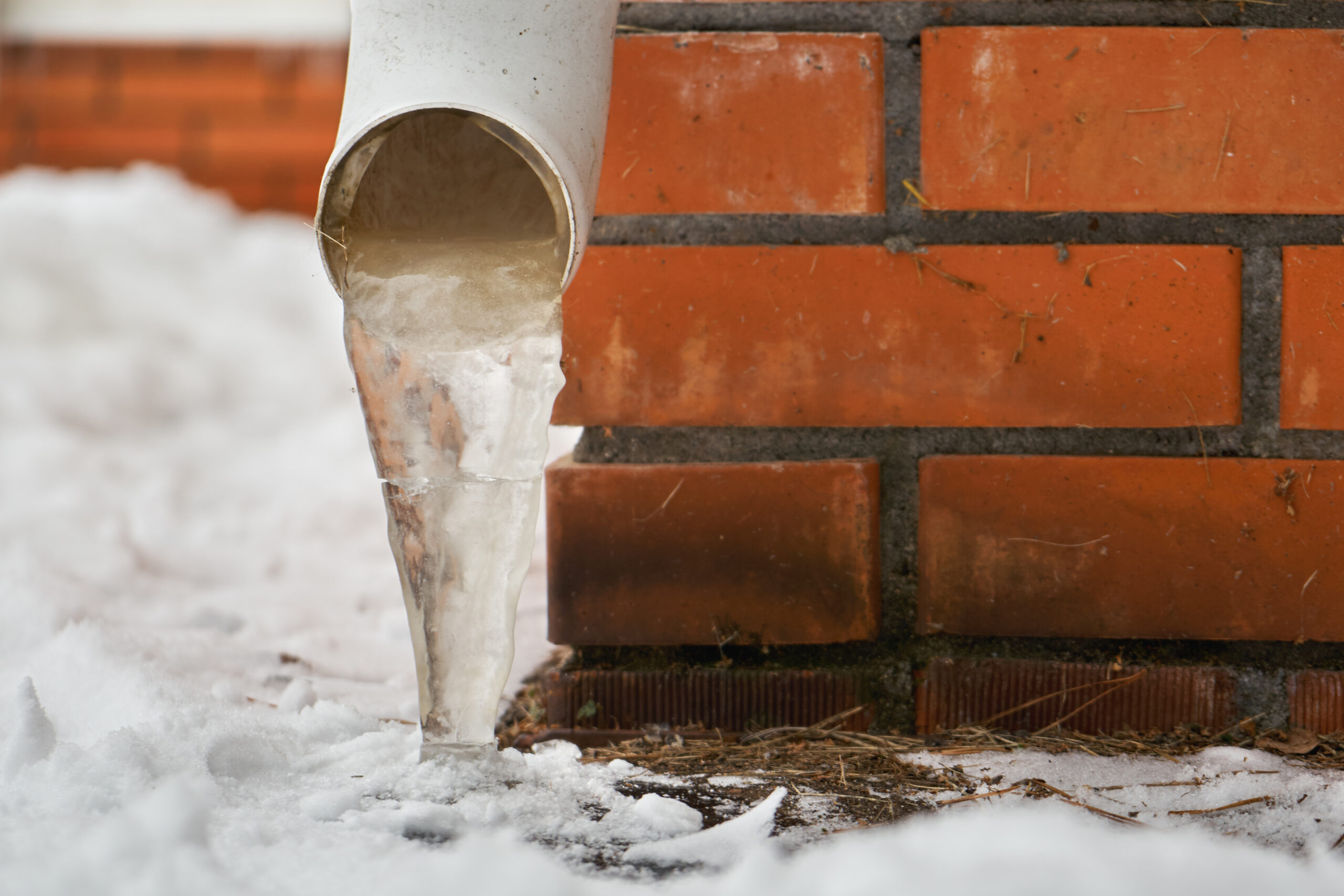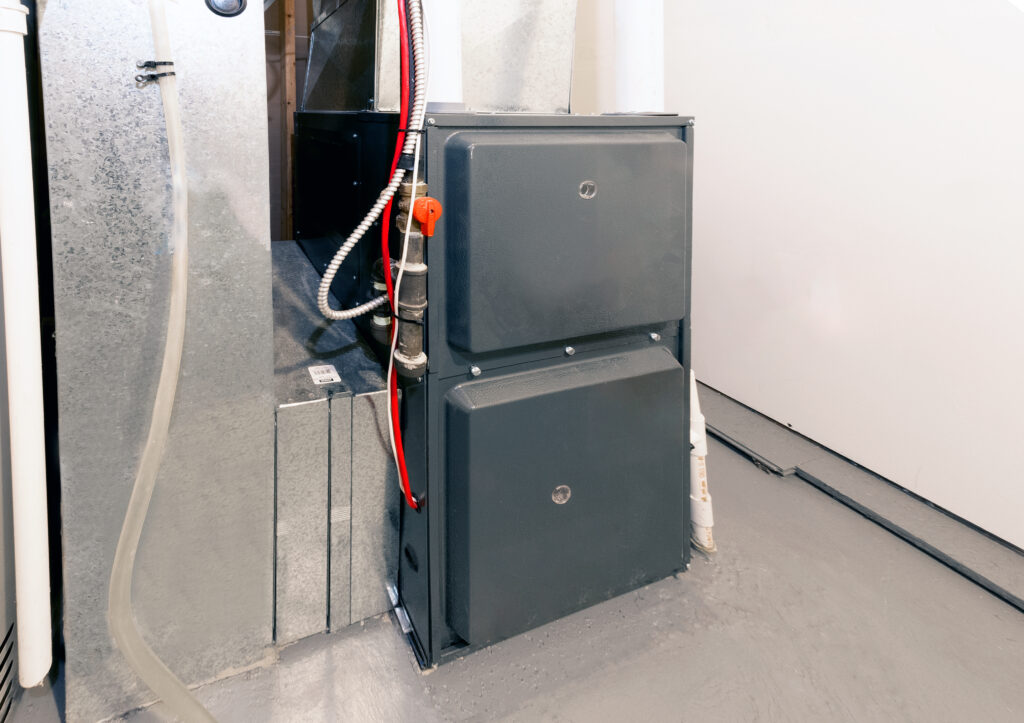How to Prevent Frozen Pipes

A frozen pipe is one of the most common and frustrating problems a homeowner can encounter during the winter. This issue often leads to costly damage and water disruption, causing major headaches for families that can be easily avoidable by taking the necessary precautions. With a few preventative measures, you can avoid the hassle and expense of frozen pipes and keep your home’s plumbing system running smoothly all winter.
In this blog post, the plumbing experts at R Buck Heating, Cooling, Plumbing & Electrical provide five prevention tips for keeping your pipes from freezing this winter.
5 Ways to Prevent Pipes from Freezing This Winter
Protecting your pipes from freezing requires a few simple precautions, and the following steps can help make a big difference when the temperatures start to drop:
Insulate Exposed Pipes
One of the best ways to prevent your pipes from freezing is to insulate any exposed piping. Pipes in unheated areas like basements, attics, crawl spaces, or garages are particularly prone to freezing.
Using pipe insulation or heating tape can help protect pipes from the effects of colder weather. Adequate insulation provides a protective barrier against extreme cold, providing a reliable line of defense for your plumbing system.
Maintain Consistent Temperatures
Keeping your home at a consistent temperature, even while you’re away, is essential for protecting your pipes. While you may be tempted to lower the thermostat to conserve energy, ensuring your indoor environment never falls below 55º F is important to keep your pipes from freezing. This small change can make all the difference for your pipes — especially if they’re located near exterior walls.
Keep Faucets Dripping
On particularly cold winter nights, it can be beneficial to leave your faucets dripping to prevent your pipes from freezing and relieve excess pressure. When water freezes inside pipes, it expands, which can cause pipe bursts.
Keeping your faucets slightly open keeps the water flowing through your system, reducing the risk of freezing and minimizing pressure buildup that could damage the pipes.
Seal & Repair Drafts
Cold drafts in areas near plumbing can accelerate the freezing process. Sealing gaps or cracks around windows, doors, and even in the foundation can help keep your home warmer and reduce the risk of frozen pipes.
Be sure to inspect areas where cold air is more likely to creep in, such as basements, crawl spaces, or attics. Use caulk or weather stripping to keep drafts at bay and protect your plumbing from the effects of colder weather.
Open Cabinet Doors
If you have pipes running through cabinets or under sinks — especially near exterior walls — consider leaving the cabinet doors open. This will allow the heated air throughout your home to circulate around the pipes and keep them from getting too cold. This easy step can prevent pipes from freezing, especially on the coldest days of the year.
Book Frozen Pipe Repair with R Buck
Despite your best efforts, pipes can sometimes still freeze. When that happens, it’s best to trust the professionals at R Buck. Our experienced team is highly skilled at diagnosing and fixing frozen pipes quickly and efficiently, minimizing damage and restoring your plumbing to normal working order.
Don’t wait until a frozen pipe becomes a major problem — contact our team to book frozen pipe repair today.
Contact Us Today


The Home of Friendly, Expert Technicians
Powering Our Award-Winning Services
- Licensed and insured
- Background-checked and certified
- Deliver personalized solutions and quality workmanship
- Receive top-quality, ongoing training
- Adhere to building codes and safety standards





